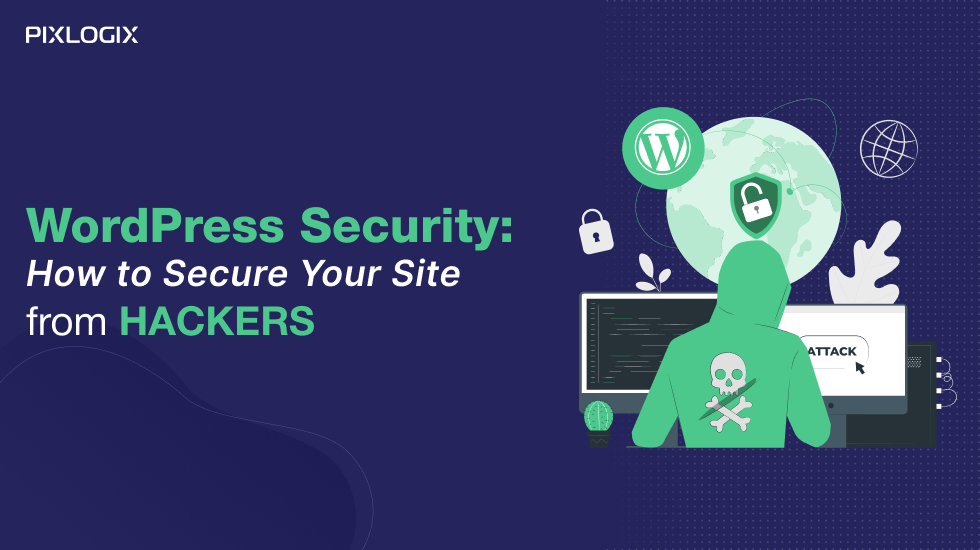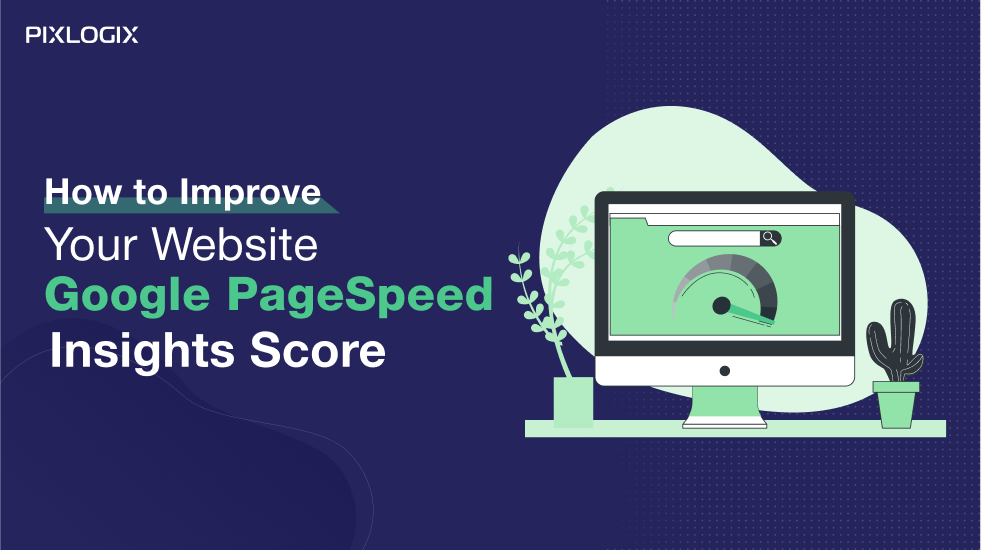6 Ways to Lock-Down Your WordPress Website from Security Threats

- Last Updated On July 30, 2024
- 6 min read
When we talk about WordPress security, no matter how much hard you put in, security vulnerabilities will always find its way. There are a lot of things you can do to guard your website with the help of WordPress Development Company and prevent hackers to jump into your website.
In such a case, the first question that might hit your mind is – “Is WordPress really secure?” Of course, most of the times WordPress has faced criticism when it comes to security, but it is because of poor system administration, lack of required security measures, and improper WordPress support.
Most of the users take help from the professional WordPress development services, but often ignore the fundamental best practices to lock-down your website. This has resulted in various type of security vulnerabilities in the past few years, including backdoor attacks, brute-force login attempts, denial of services, and so on. So, how to prevent such security vulnerabilities and make the WordPress website intact from the hackers? Here’s what you can do:
Always use the latest version of PHP
If you are in WordPress support, you must be aware that PHP is the backbone of WordPress. It is important to use the latest version of PHP as it brings a lot of bug fixes and security enhancements during the support period. If you are having PHP version 7.0 or below, then you are least to get support in terms of security and are open to security vulnerabilities. If you are not aware of how to do so, you can get help from the WordPress development services to get it done for you.
Just be tricky with usernames and passwords…
One of the best DIY ways to safeguard your WordPress website is to simply use usernames and passwords cleverly. It seems very simple, right? But if you check the stats, you will find that most of the site owners often use pretty simple passwords. As a part of your WordPress maintenance services, ensure you use appropriate password generator tools. Also, you can store the passwords locally in an encrypted database in order to avoid misuse of it.
When it comes to the usernames, never try to use default admin username. Instead, it is advisable to use unique and hard to predict usernames. Moreover, it is important that you delete the admin user if exist.
Restrict login attempts!
By default, WordPress allows you to login as much time as you want. If you don’t limit it, chances are higher that you might be a victim of brute force attacks as hackers might be using different combinations to login into your site. If you have hired professional WordPress development services, then they might have suggested installing the firewall to take care of this automatically. However, if you don’t have firewall setup available, then you can take help from the plugins.
Turn off XML-RPC
In recent years, XML-RPC has witnessed a huge number of brute force attacks. There is no denying that XML-RPC allows you to pass multiple commands using a single HTTP request, but it is exploited to the hackers. You can either use plugins available in WordPress or can leverage from the XML-RPC validator tool in order to check if it is enabled in your website or not. However, if you wish to disable it permanently, you can use disable XML-RPC plugin.
Re-check File & Server Permissions
File and server permissions for your website is one of the crucial leak points that can break the WordPress security. During WordPress support, if you didn’t pay enough attention to the permissions, someone can easily access your site and create havoc. However, it is important that you don’t make the permissions too strict as it might break the functionality of the website. Hence, ensure you provide proper read/write permissions for the files, directories, and servers to avoid security vulnerabilities.
Safeguard Database
The database is the heart of your website where all the critical information and data relies on. The first thing you can do to make the database security is to choose the unique and hard-to-predict name of the schema. Don’t keep the database name similar to the name of the website. The next step is to use different prefix names for the tables. Instead of using default prefix “wp” for the database tables, make sure you use something that is not common.
Wrapping Up…
Following these 6 simple steps can greatly reduce the risk of security vulnerability for your WordPress website. Aside to these tips, you should also focus on choosing right kind of hosting partner, latest version of the WordPress, professional WordPress maintenance service provider to take care technical glitches, two-factor authentication, database security, and more. Ensure that you take necessary measures to restrict hackers accessing your website and create havoc! Looking for a WordPress development company to help you make your website intact? Get in touch with us now!
Ashish Tiwari
Ashish is an SEO manager at Pixlogix Infotech Pvt. Ltd. With his dedication and learning mindset, he achieved many milestones in the short term. He has a good understanding of business, marketing, and promotion strategies. With 8+ years of experience, he can effectively handle online marketing campaigns for various industries.
Related Post
Get in Touch Now!
Have a word with our expert consultants about your next project to get suggestive guidance & proposal.
Sales Inquiry
Chat with us about your project for a custom solution and quote.




